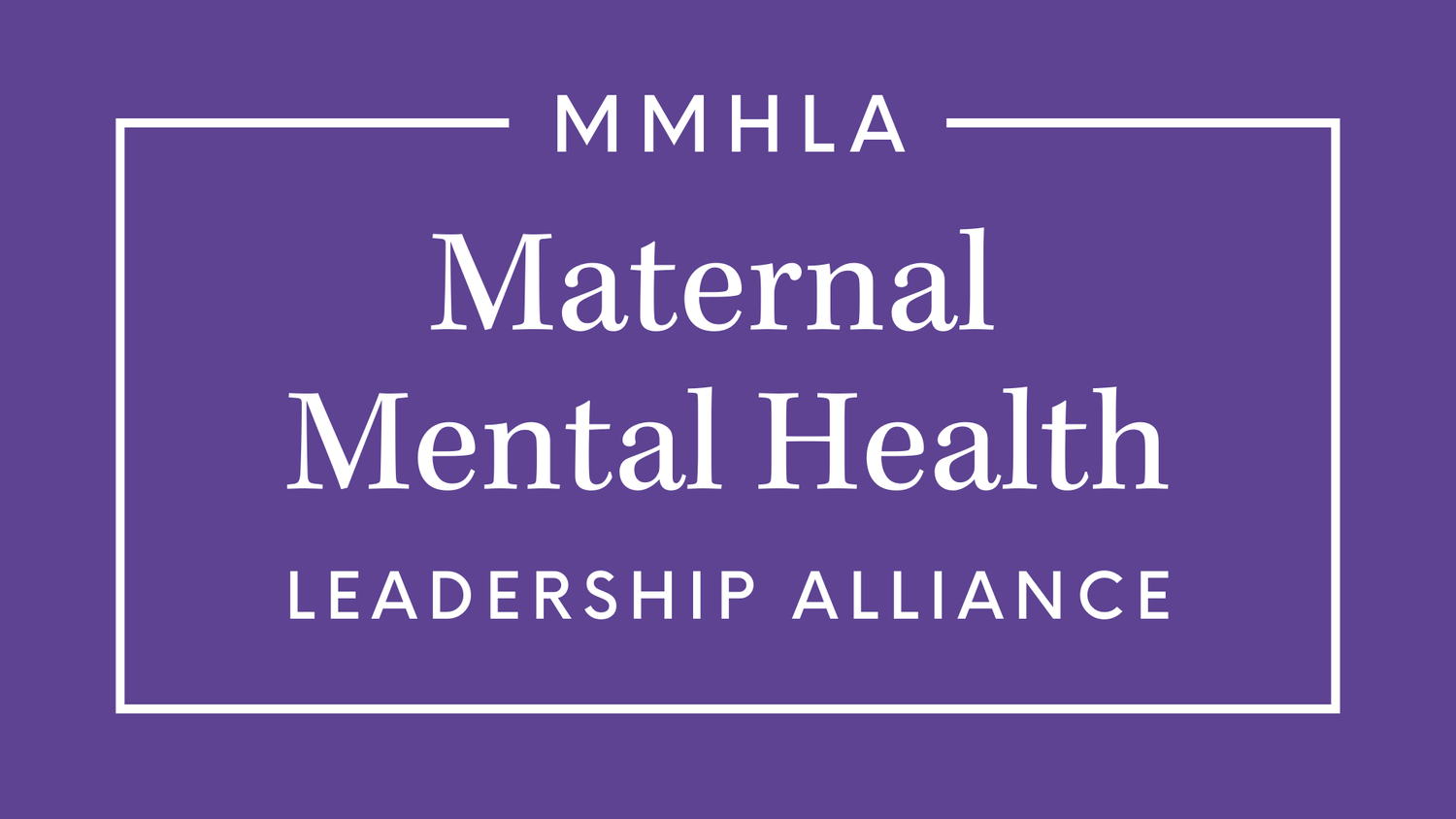Perinatal Psychiatry Access Programs
The United States does not have enough mental health providers to address the demand. Perinatal Psychiatry Access Programs are helping to fill this gap.
These programs — commonly referred to as “Access Programs” — are population-based programs at the international, national, state, and local levels helping address the demand in maternal mental health (MMH) care by educating frontline providers, such as obstetricians, family physicians, pediatricians, and psychiatrists, to treat MMH conditions.
Perinatal Psychiatry Access Programs provide four key services to increase the capacity of frontline healthcare providers to address MMH conditions, thereby leveraging scarce psychiatric resources and increasing access to timely and evidence-based care.
Key Services Provided by Perinatal Psychiatry Access Programs
EDUCATION
to frontline providers to help them screen for and treat MMH conditions.
CONSULTATION
with psychiatrists for more complex cases.
TECHNICAL ASSISTANCE
to help frontline providers and practices implement screening and treatment protocols.
RESOURCES AND REFERRALS
for local supports such as therapists and support groups.
Who Coordinates These Programs
Lifeline for Moms provides coordination and programmatic guidance among the organizations implementing perinatal psychiatric access lines, including:
Peer learning and resource sharing.
Training and workforce development.
Nurturing relationships to promote continuing support for, and innovation and expansion of, existing and future programs.
Quality improvement, program evaluation, and equity advancement.
Lifeline for Moms also leads research into effective comparison of programs, provides toolkits and educational materials, and offers an online e-module on addressing perinatal mental health in the obstetric setting: umassmed.edu/lifeline4moms.
Current Perinatal Psychiatry Access Programs as of March 2025
INTERNATIONAL: Ask Masai (based in Ottawa, Canada)
NATIONAL: Postpartum Support International National Perinatal Psychiatry Consult Line
VETERANS: Women’s Mental Health for VA clinicians: ReproMHConsult@va.gov
State-Based Programs
Arkansas: Women’s Mental Health Program Consultation Services
California, Los Angeles County (no website): PROMISE - Perinatal Resources to Optimize Mental Health Interventions and Substance Use Treatment Excellence. 833-374-4664
Connecticut: ACCESS Mental Health for Moms
Florida: Florida BH IMPACT
Georgia: PEACE for Moms
Illinois: Illinois DocAssist
Kansas: Kansas Connecting Communities
Kentucky: Coming Soon
Louisiana: Provider to Provider Consultation Line
Maryland (for substance use disorders): Maryland Addiction Consultation Service (MACS) for MOMs
Massachusetts: MCPAP for Moms
Michigan: MC3 Perinatal
Mississippi: CHAMP for Moms
Missouri: Maternal Health Access Project
Montana: PRISM - Psychiatric Referrals, Interventions, and Support in Montana for Moms
New York: Project TEACH - Training and Education for the Advancement of Children’s Health
North Carolina: NC Maternal Mental Health MATTERS
Rhode Island: RI MomsPRN - Rhode Island Maternal Psychiatry Resource Network
South Carolina: Mom’s IMPACTT - Improving Maternal mental health and Perinatal substance use Access to Care through on-demand Telemedicine and Telementoring
Tennessee: Coming Soon
Vermont: STAMPP - Vermont Screening, Treatment, & Access for Mothers and Perinatal Partners
Washington: Perinatal Psychiatry Consultation Line for Providers
Wisconsin: The Periscope Project
Learn More with the Resources Below
-

MMHLA Perinatal Psychiatry Access Program Fact Sheet
-

Promoting The Health of Parents & Children
These programs are made possible by federal grants, which were won through our policy advocacy.
Federal grants are awarded through the Health Resources and Services Administration Maternal and Child Health Bureau. Learn more.
Seven states received federal grants for 2018-2022
Florida
Kansas
Louisiana
Montana
North Carolina
Rhode Island
Vermont
Twelve states were awarded federal grants in 2023
California
Colorado
Kansas
Kentucky
Louisiana
Missouri
Mississippi
Montana
North Carolina
Tennessee
Texas
West Virginia
*Vermont was added in 2024



